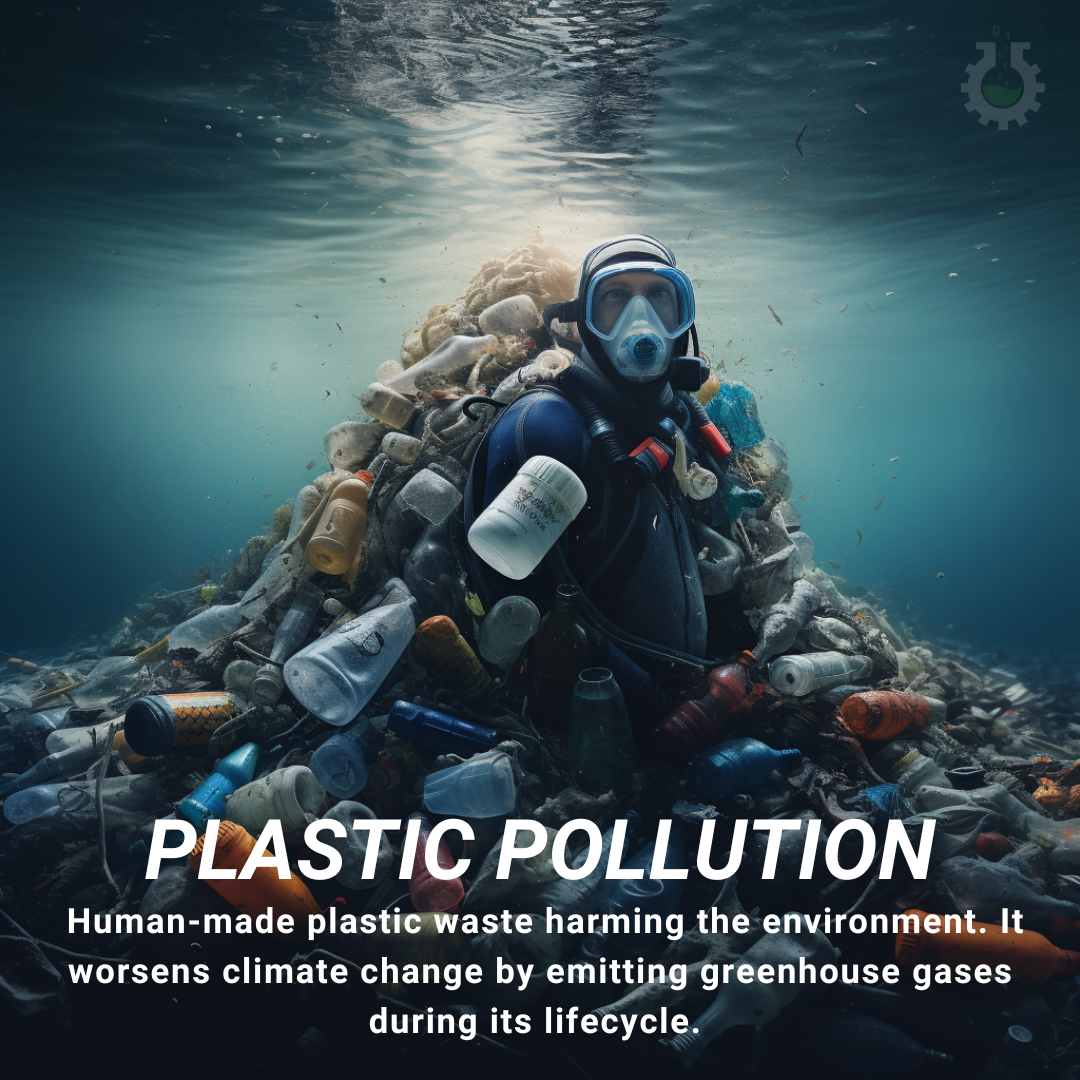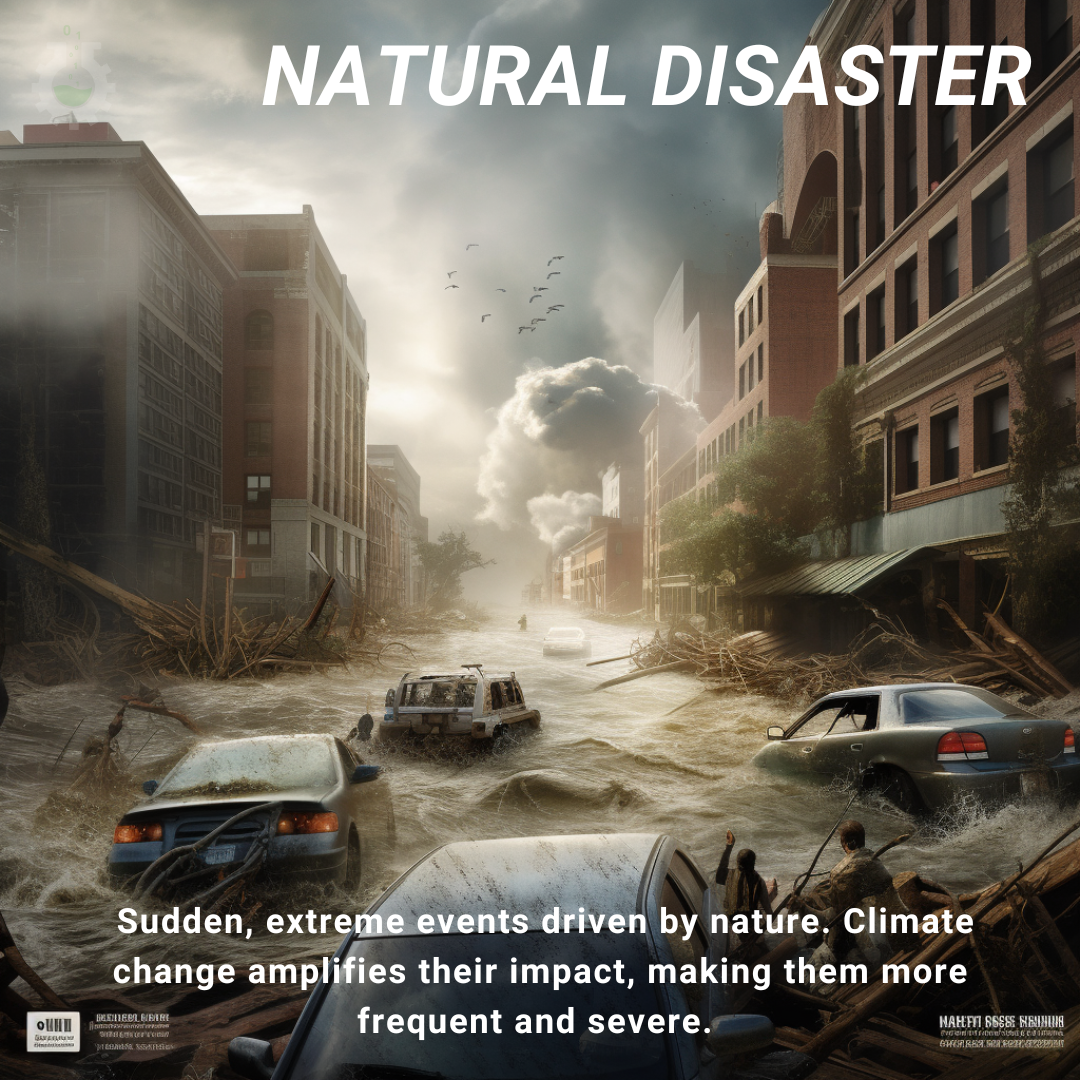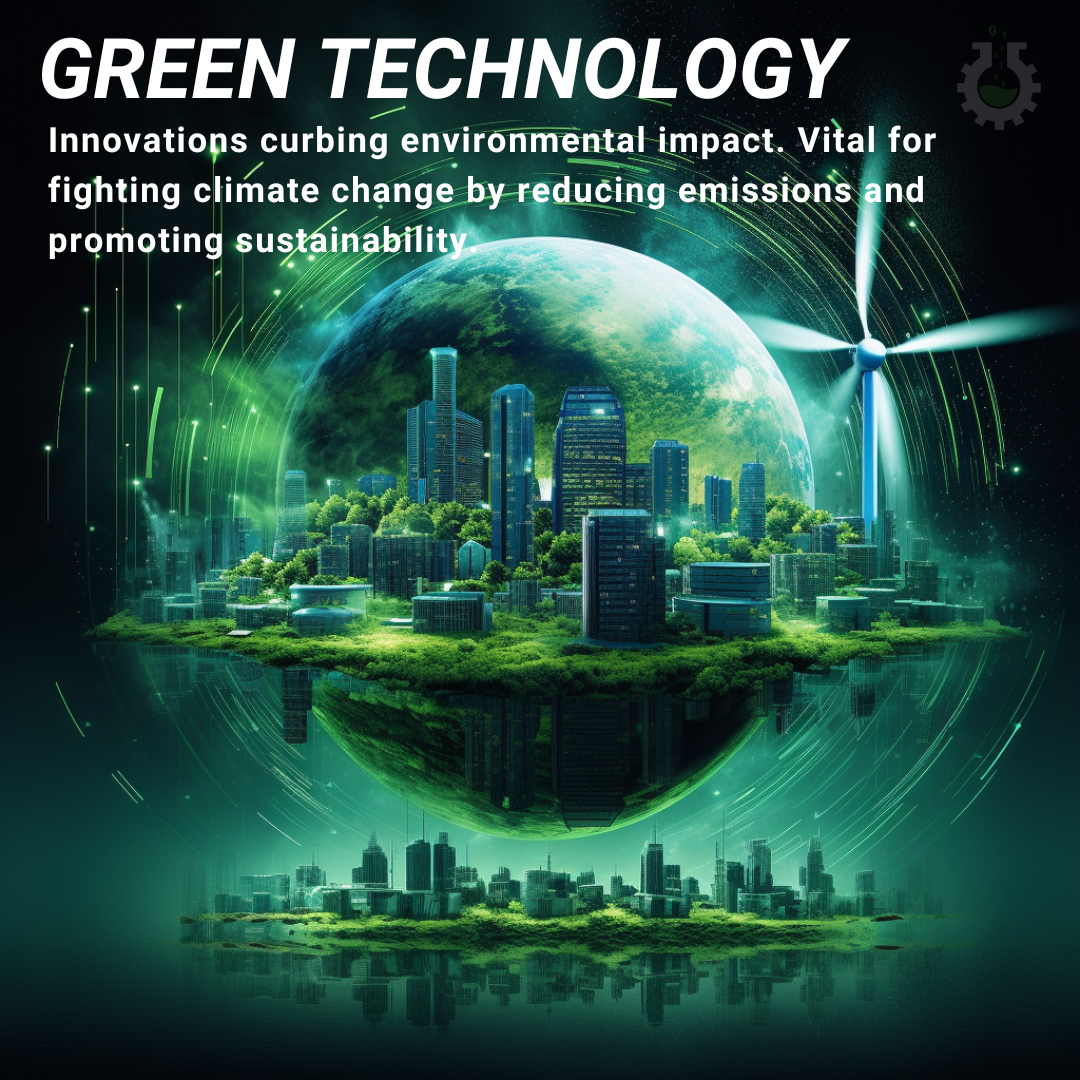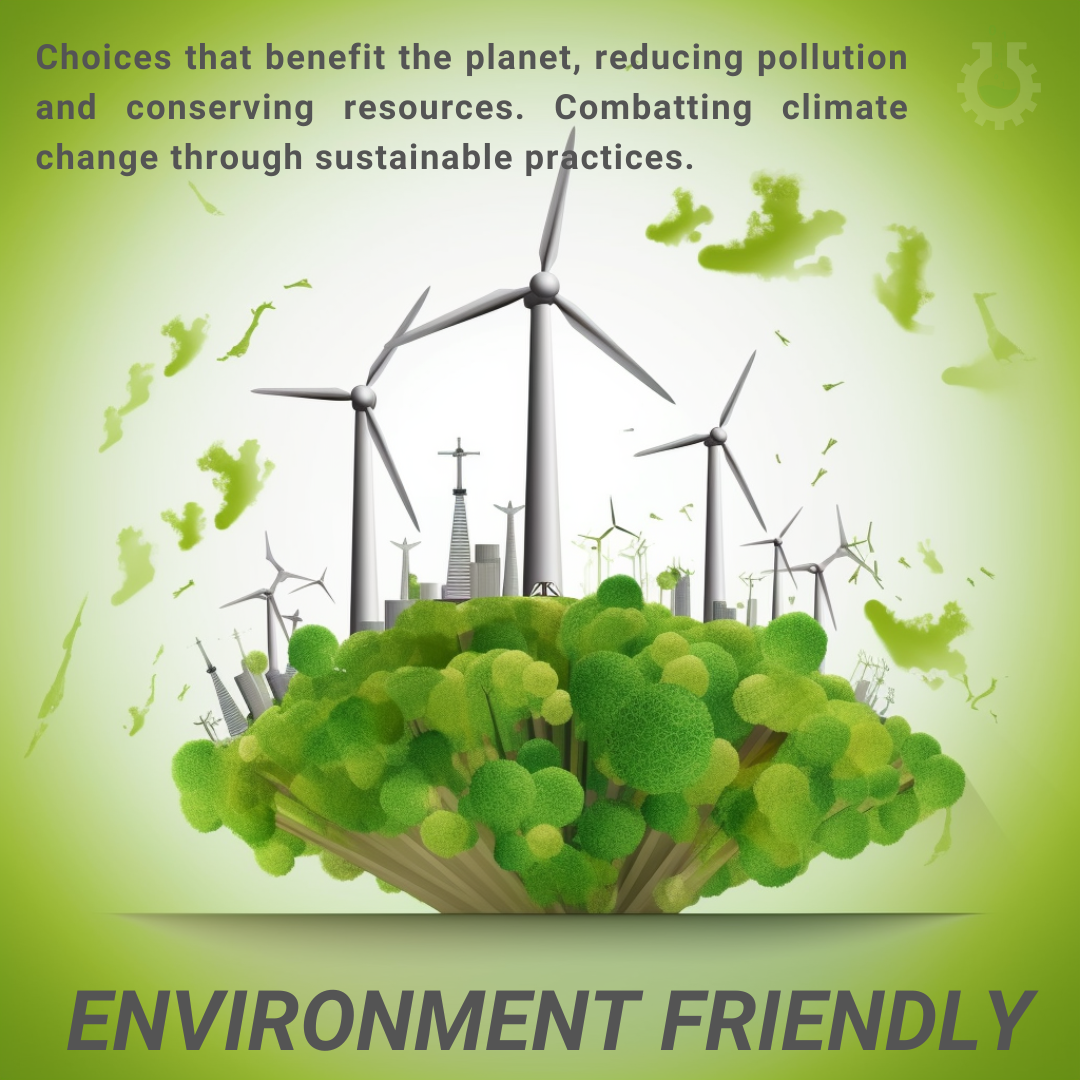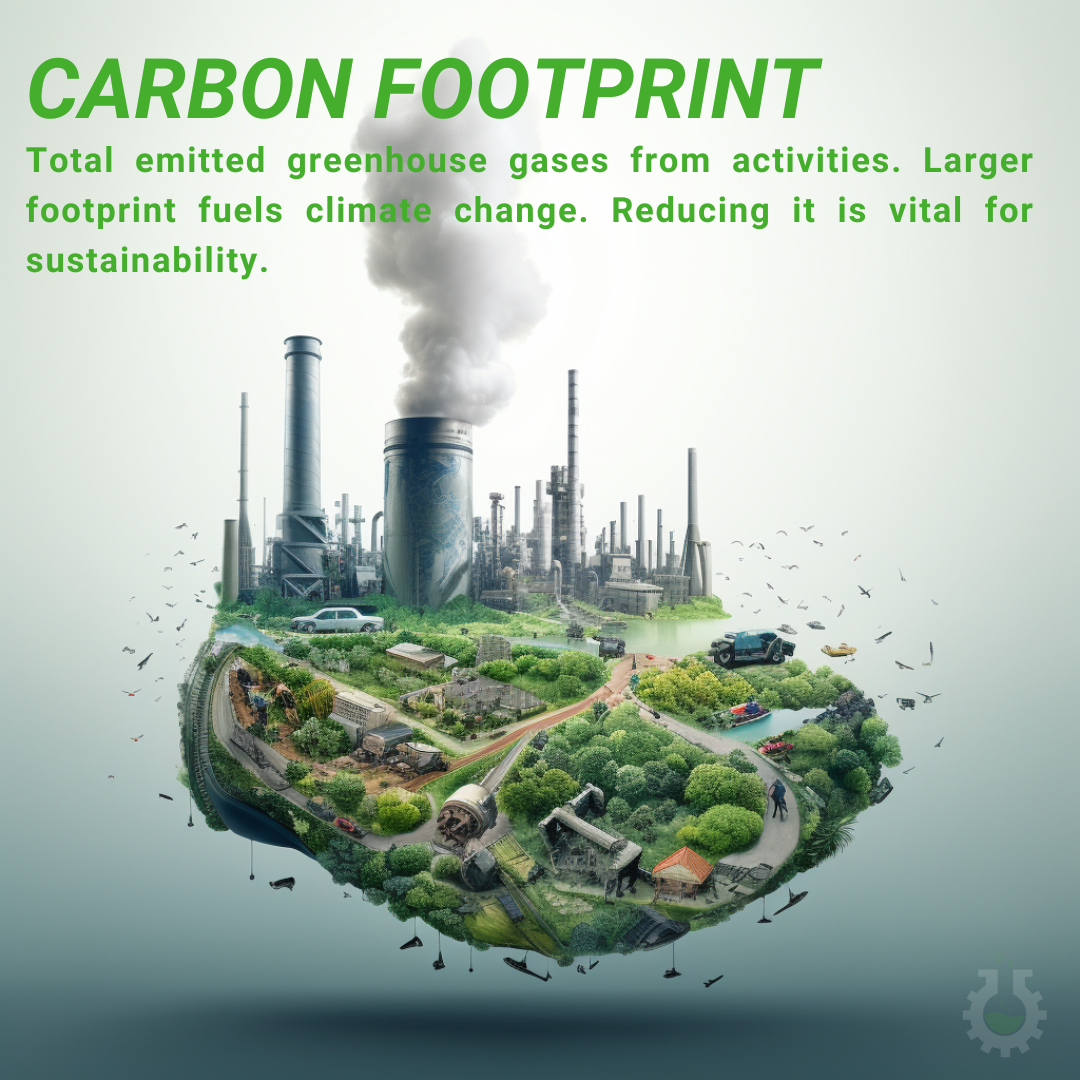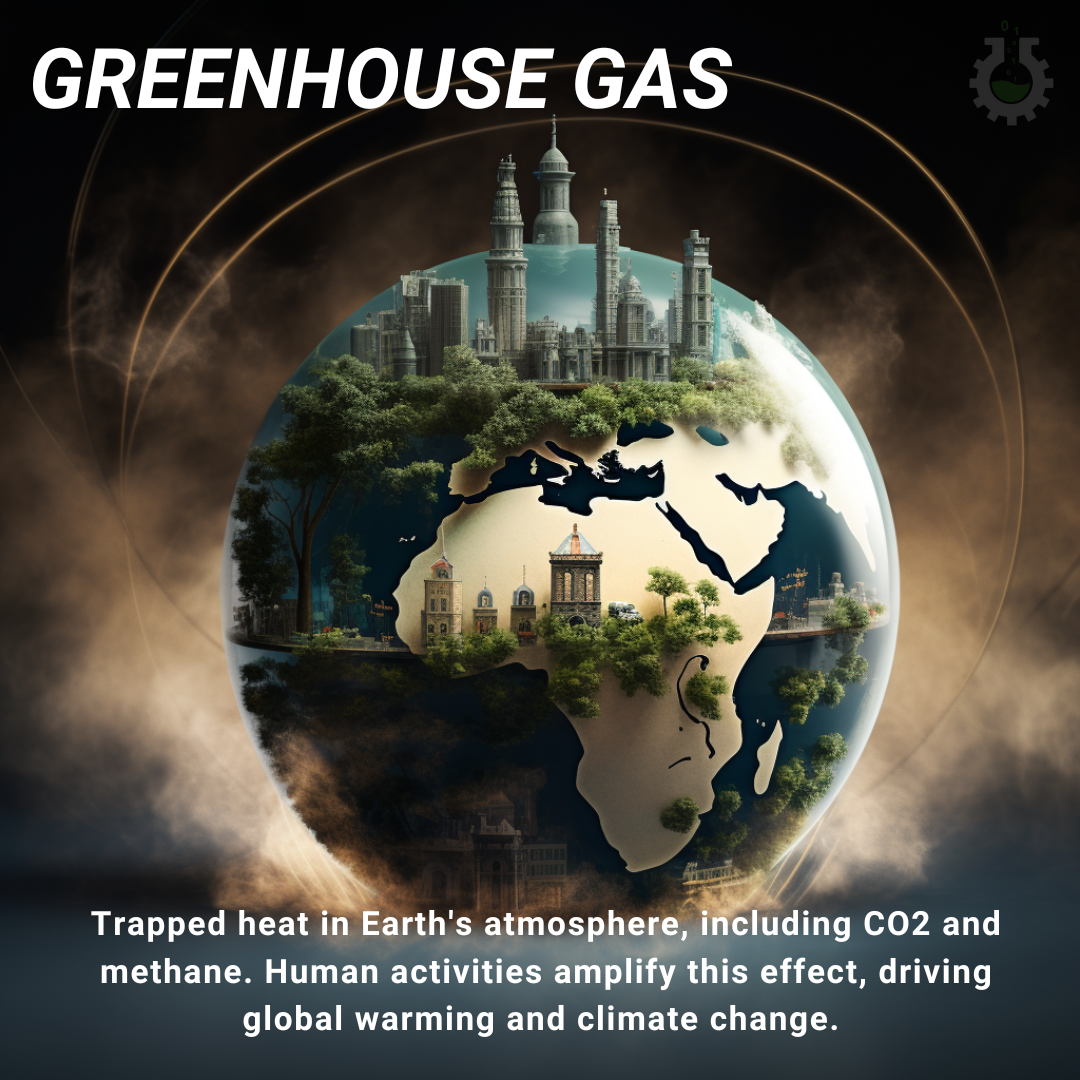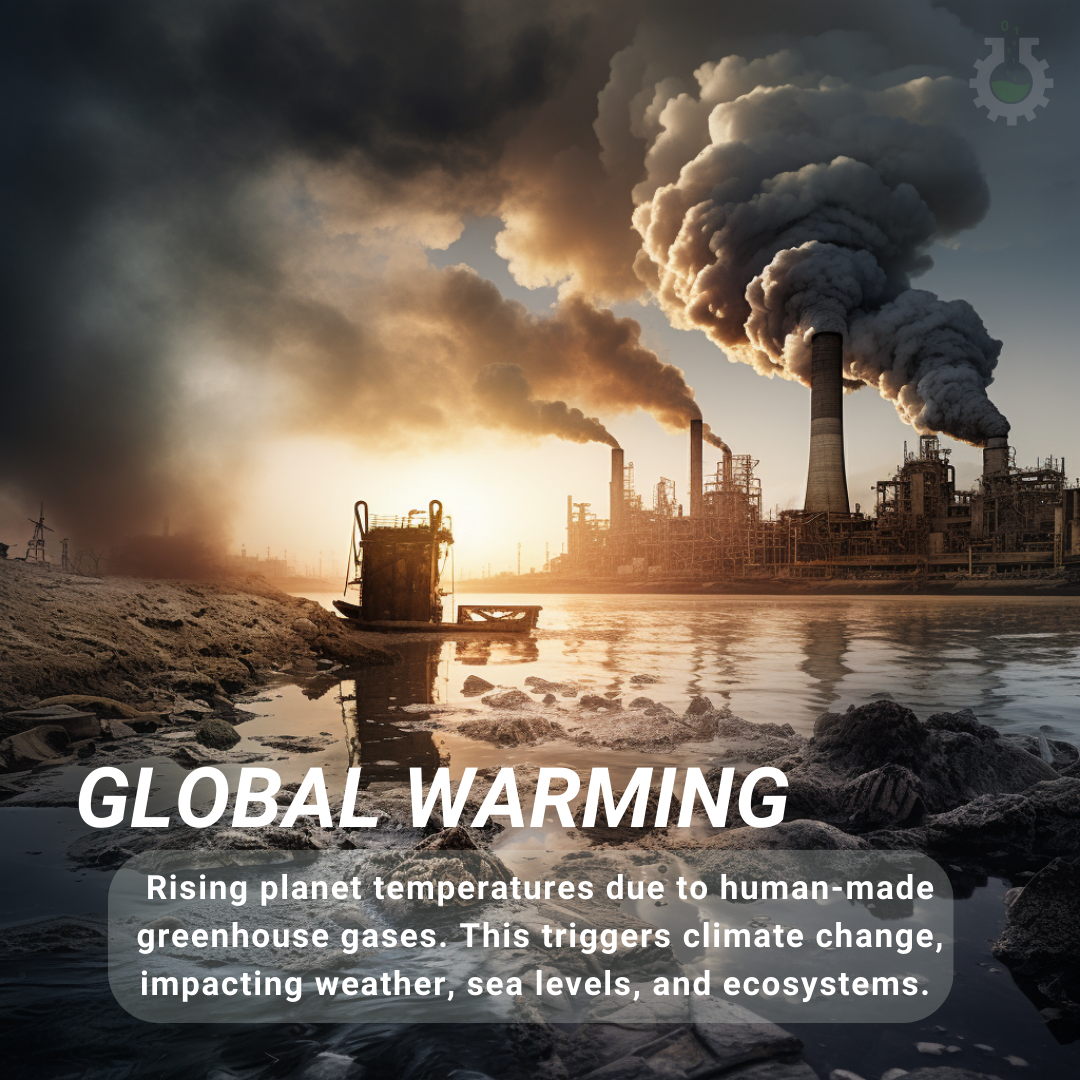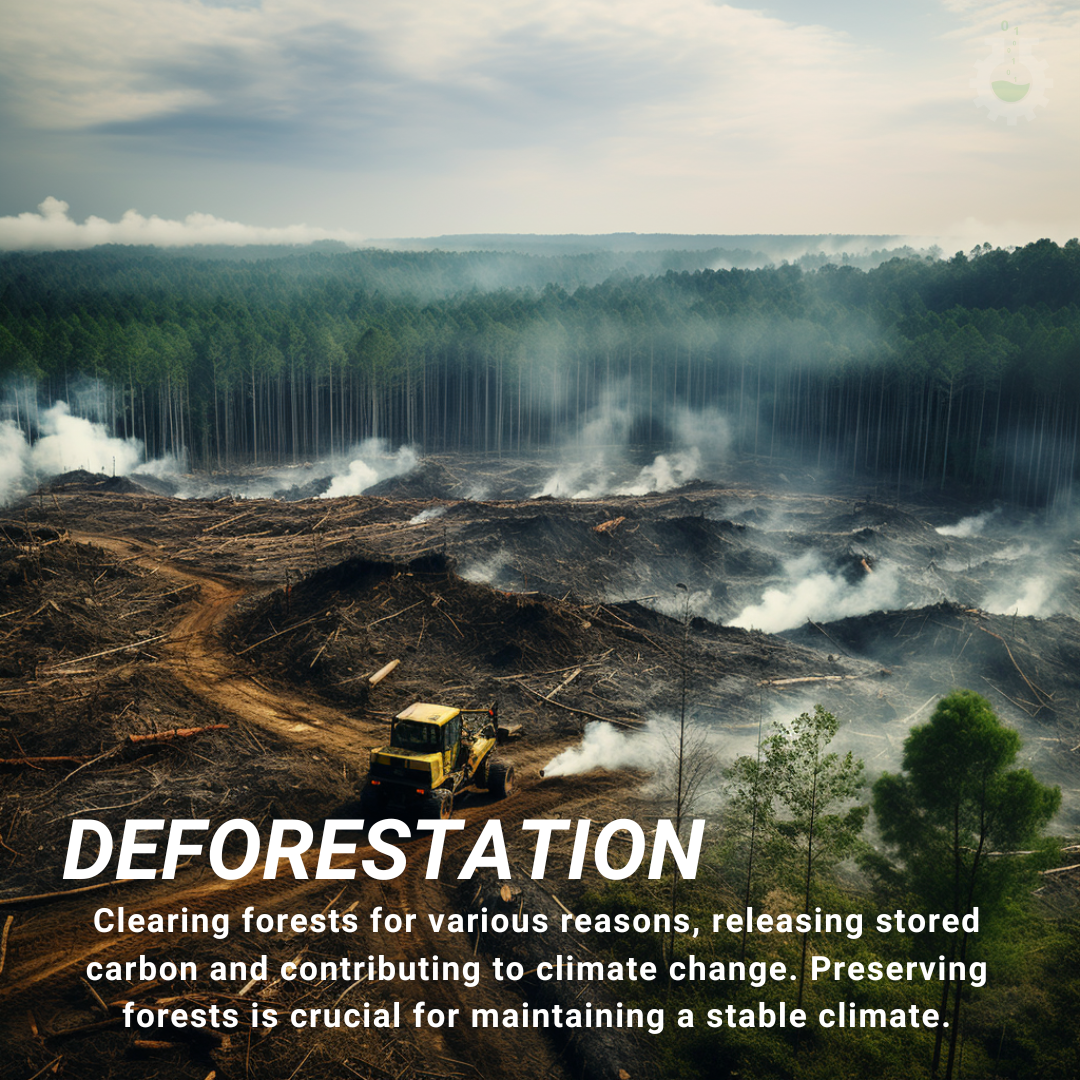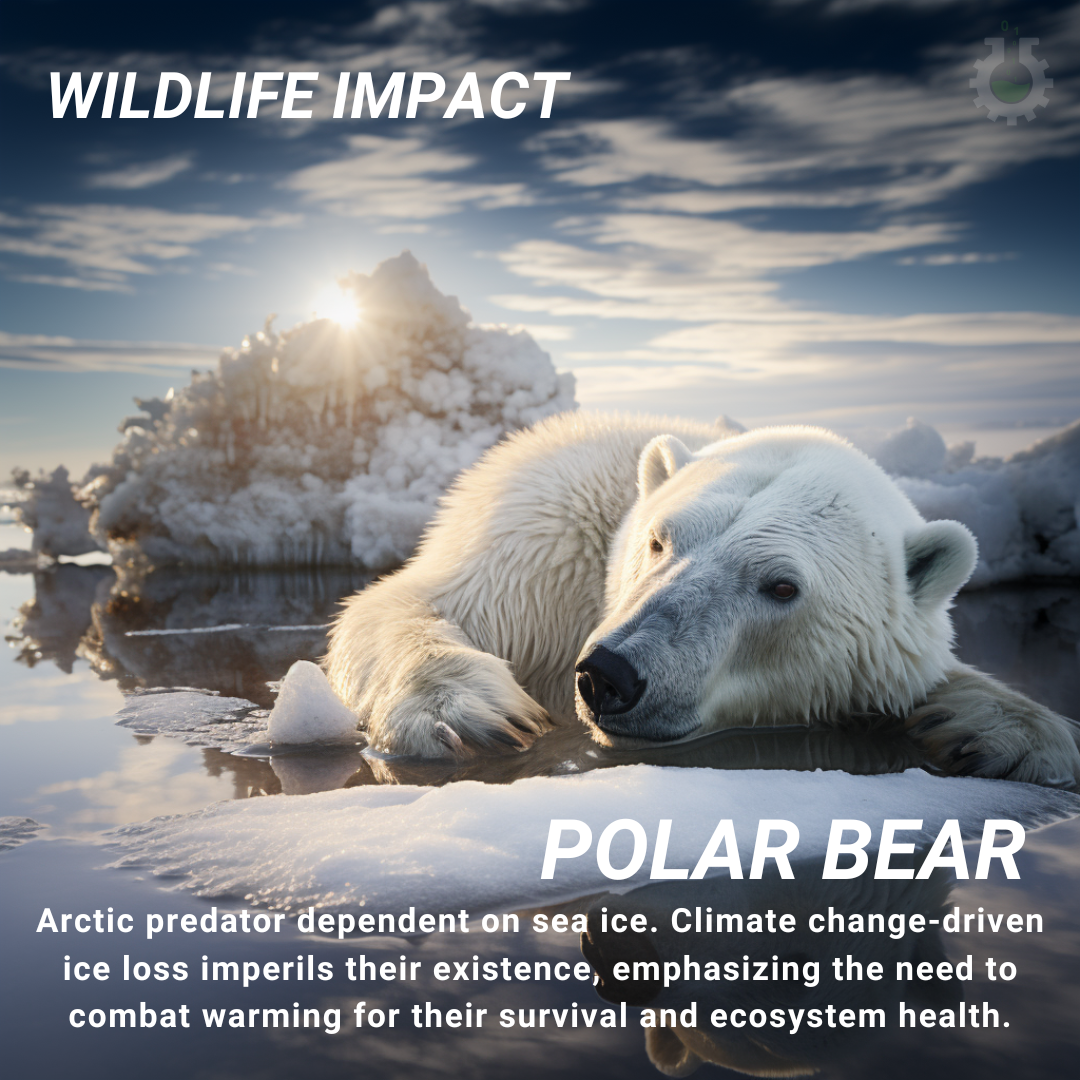Plastic pollution is the accumulation of plastic waste in the environment, primarily from human activities. This pollution contributes to climate change by releasing greenhouse gases during plastic production and disposal, while also disrupting ecosystems and harming wildlife. Addressing plastic pollution is essential for a cleaner planet and a stable climate.
Natural disasters are sudden, extreme events like hurricanes, earthquakes, and floods caused by natural forces. Climate change intensifies these disasters by altering weather patterns and sea levels, exacerbating their frequency and severity. Understanding this link is vital for preparedness and global climate action.
Green Technology are innovations that minimize environmental impact and resource consumption. From renewable energy to sustainable materials, these advancements combat climate change by reducing emissions and promoting eco-friendly practices. Embracing green tech is crucial for a greener, more sustainable future.
Environment friendly is practices, products, or actions that minimize harm to the environment, conserving resources and reducing pollution. Embracing eco-friendly choices combats climate change by curbing emissions and promoting sustainability. Small steps towards eco-friendliness make a big impact on our planet’s health.
Carbon Footprint is the total amount of greenhouse gases, primarily carbon dioxide, emitted directly or indirectly by an individual, organization, or activity. A larger footprint contributes to climate change by intensifying the greenhouse effect and global warming. Minimizing carbon footprints is vital for a sustainable future.
Greenhouse gas are gases like carbon dioxide and methane that trap heat in Earth’s atmosphere. Human activities increase their concentrations, intensifying the greenhouse effect and accelerating global warming. Addressing greenhouse gas emissions is essential to curbing climate change’s harmful impacts.
Global Warming is the long-term increase in Earth’s average temperature, primarily caused by human activities releasing greenhouse gases. This warming fuels climate change, intensifying extreme weather events, sea level rise, and ecological shifts. Understanding and mitigating global warming is essential for preserving a stable planet.
Biodiversity is the rich variety of life on Earth, from genes to ecosystems, interdependently sustaining ecosystems and human well-being. Climate change threatens biodiversity through habitat disruption, triggering species loss, and disrupting essential ecological balance. Safeguarding biodiversity is crucial for resilience in the face of a changing climate.
Deforestation is the deliberate clearance of forests for various purposes, leading to ecosystem disruption and carbon emissions. This removal of trees reduces their role in absorbing carbon dioxide, intensifying climate change and highlighting the critical link between forest preservation and global climate stability.
Polar Bears – Majestic apex predators embodying the Arctic’s pristine wilderness. These remarkable creatures are intricately linked to sea ice, which they use as platforms to hunt seals, their primary food source. However, the escalating effects of climate change, primarily the rapid reduction of sea ice, threaten their very existence. As global temperatures rise, Arctic ice […]


